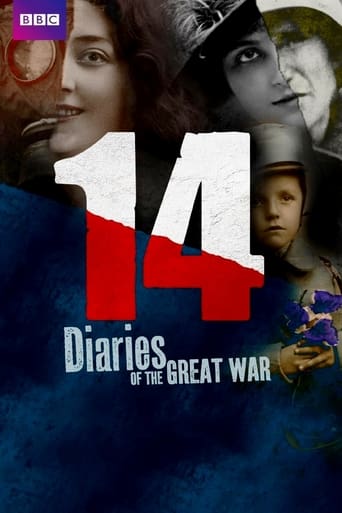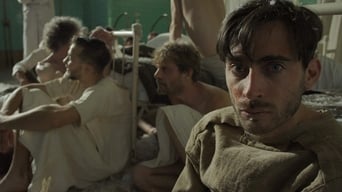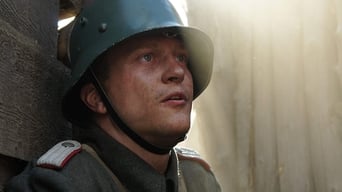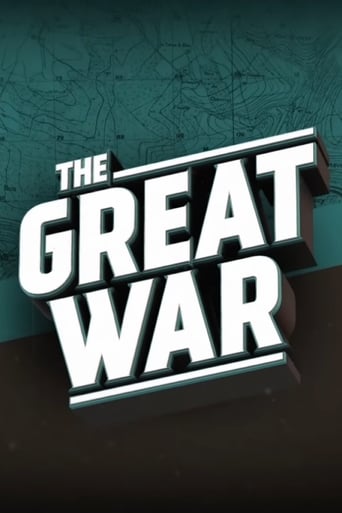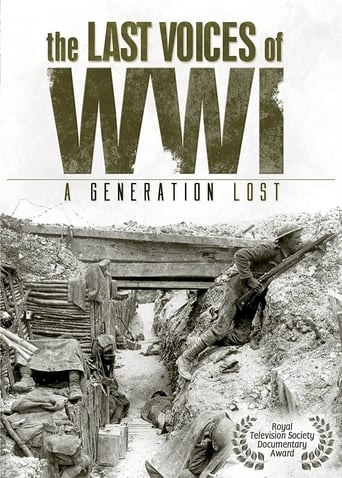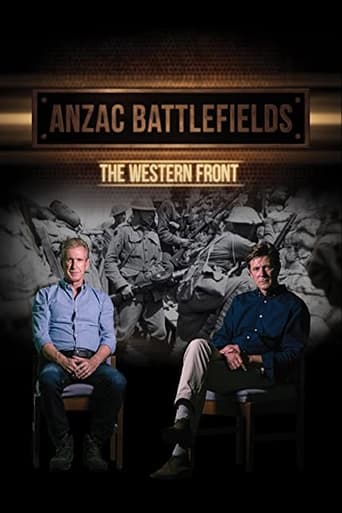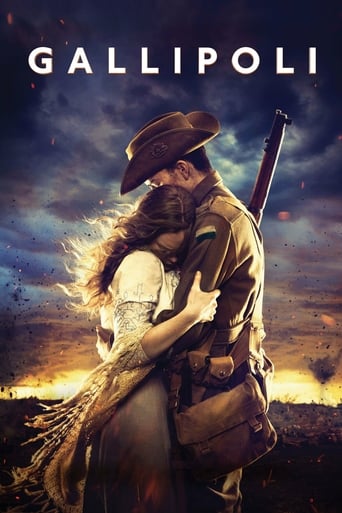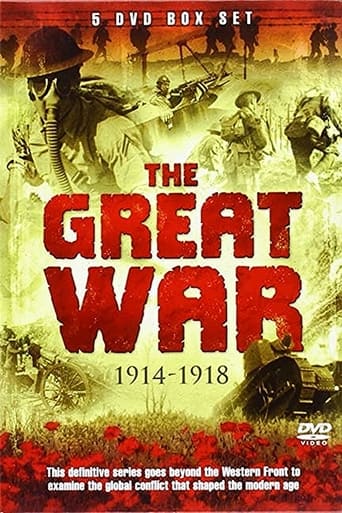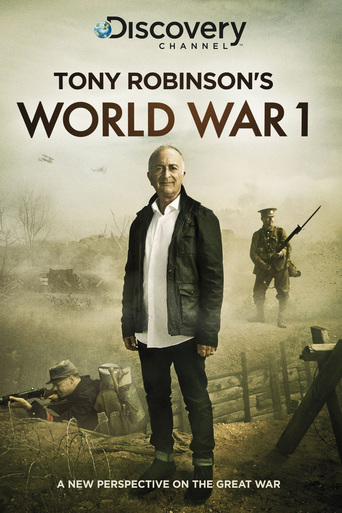14: Diaries of the Great War (2014)
14: Diaries of the Great War
2014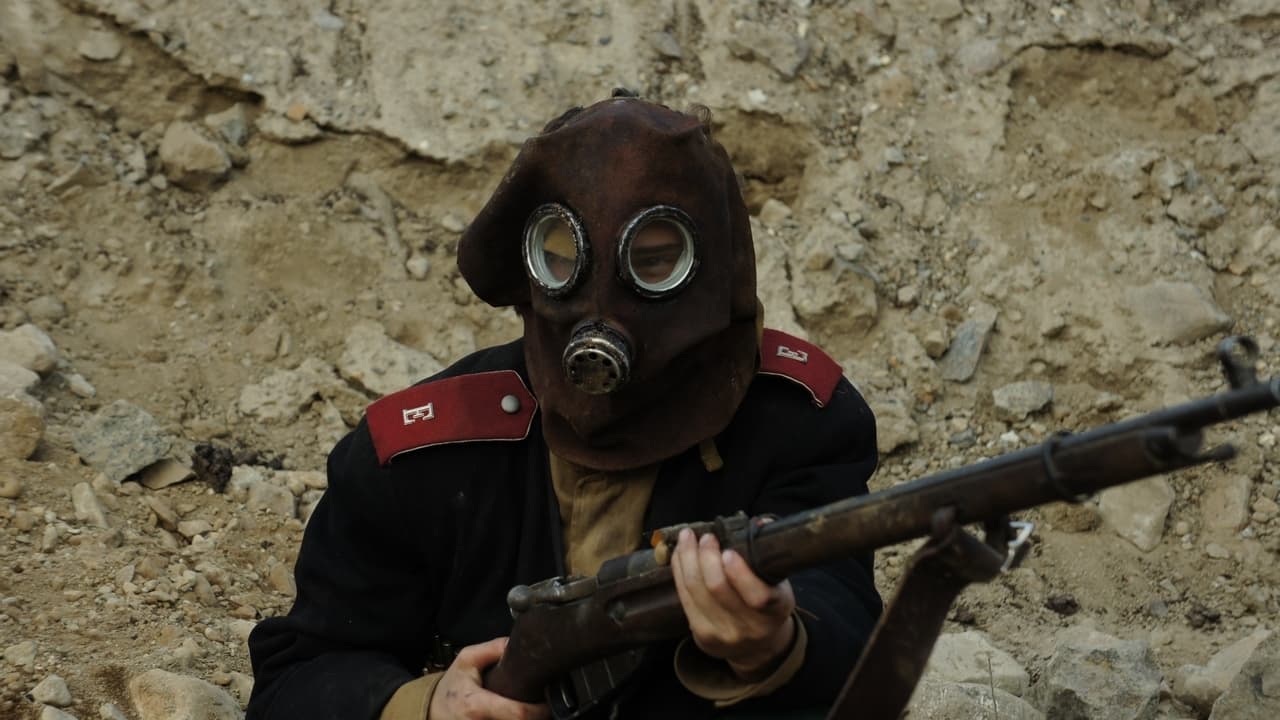
When war broke out in Europe in 1914, most people thought the conflict would be over by Christmas; they could not imagine how wrong they were. An attack in Sarajevo ended up becoming a snowball that swept the world: a new kind of warfare had begun, waged with techniques and means never seen before. By November 1918, ten million people had died and the political map of the planet had been redrawn.
Seasons & Episode
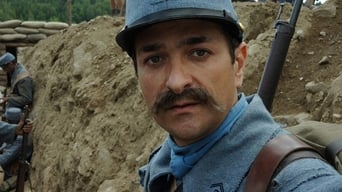
The European conflict has turned into a world war: Greece and Bulgaria, Japan and the Ottoman Empire have entered the fighting. Battles are fought in Europe, Africa, off the Falkland Islands and in the Pacific. More than 20 million men are under arms.
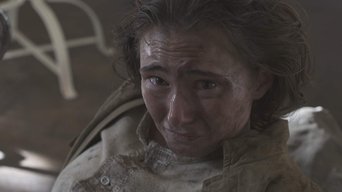
The number of injured people is increasing day by day. There are too few doctors and nurses. Auxiliary nurses are hastily called in: 20,000 of them in the first year of the war in Germany alone. They work in extremely difficult conditions. Thousands and thousands of young men are physically injured and completely traumatised.
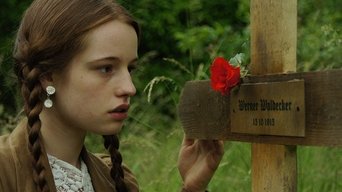
Millions of mothers and wives must endure years of separation from their sons or husbands. They are tormented by the uncertainty of whether their loved ones are still alive. The men in the trenches are told to concentrate on killing and not worry about their wives back home. The war destroys the lives and health of countless soldiers.
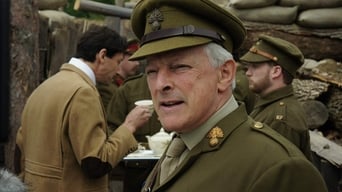
1916 becomes the year of horrific battles. A new kind of death machine is set in motion with submarines, aeroplanes, tanks and poison gas. On the Somme, the Western powers aim to achieve a breakthrough against the German troops, while Russia tries to put Austria-Hungary under pressure on the Eastern front. The number of victims exceeds all predictions.
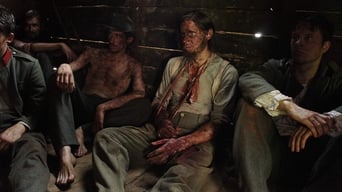
The soldiers' prospect of returning home is an important motive to continue fighting. In the first total war in history, a new phrase is coined: The Home Front. "Fighting" takes place not only in the trenches, but also in the factories, in fields and in schools. The burden of war is borne by soldiers as well as women, workers, children and the elderly.
When war broke out in Europe in 1914, most people thought the conflict would be over by Christmas; they could not imagine how wrong they were. An attack in Sarajevo ended up becoming a snowball that swept the world: a new kind of warfare had begun, waged with techniques and means never seen before. By November 1918, ten million people had died and the political map of the planet had been redrawn.
Watch Trailer
Free Trial Channels


